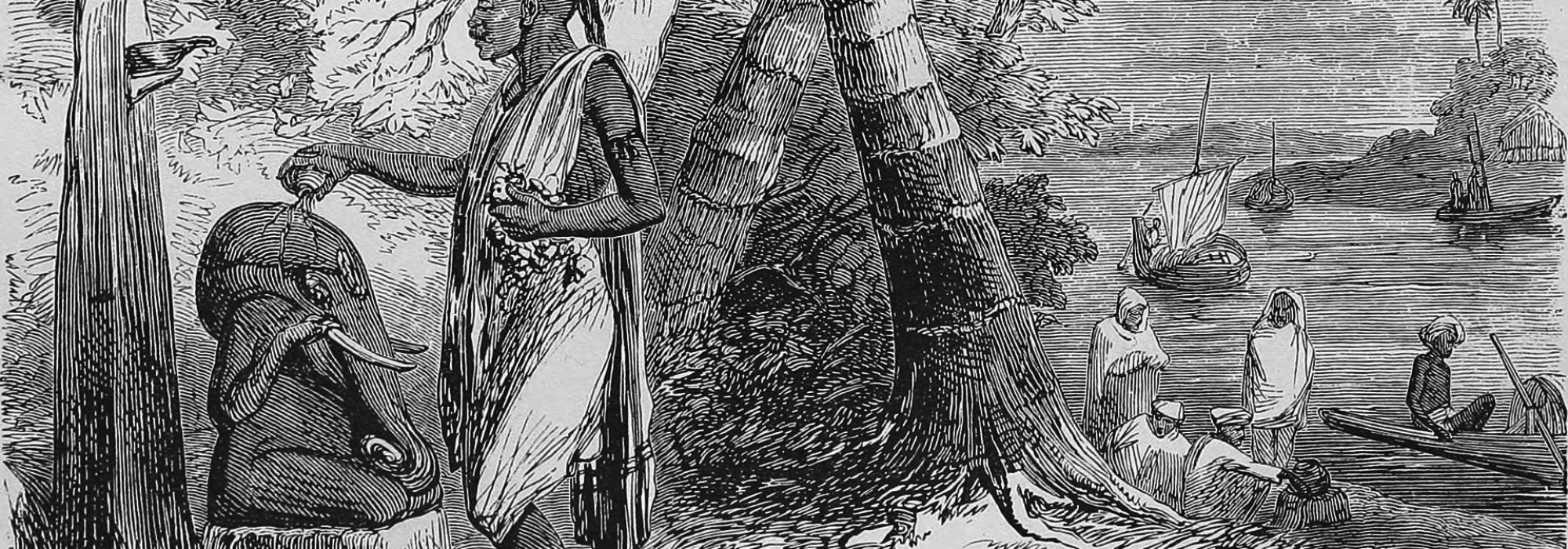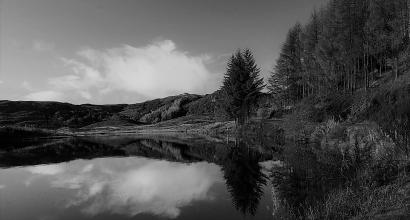The Necessity of History
What’s the meaning of this? It is just that history will never leave us. What we do, what we don’t do, what we experience, what we avoid experiencing – all these form a part of history. In what we do and experience, if we tread with wisdom, we can avoid mishaps and fulfil our desires at least to some extent. If we want to gain such wisdom, the only path before us is the deep study of history.
In our country, the study of history—history of various lands—has reduced drastically. We say that science is exceedingly important these days and that has become an excuse to lower the status given to history. The result of this is now easy to grasp in the realm of our experience. That result is the empty industriousness with which the government is trying to run the country, without knowing the pros and cons, without considering what was done in the past and what has to be done in the future.
The history of a land is the history of the people in toto; it is the history of the totality of the lives of people and the history that is associated with all the various realms of public life. Even so, in the early history books, it is always the kings who have been the heroes of the tales. In those books, we hardly see matters pertaining to the common folk. The king, his conquests, his commanders, his family, his grandeur, his valour – these are the aspects that stand out in the history books of old. How did the people live, what were the difficulties they faced, how did they find solutions to their problems – such matters are seen stowed away in some corner, with a few lines written about them.
It isn’t difficult to guess the reason. In the old days, all the movements and actions of the people were controlled directly by the king. The activities of the kingdom went on as per his instructions; he held the key. The people had accepted the king as their sole representative. The life of people in entirety was under the sceptre of king. Thus the history of the king was the history of the land.
The royal lineage, the comings and goings of the emissaries, the valour of the kings, the battlefield, numbers of the four divisions[1] of the army and their battle formation, the victories and defeats of the opposing armies, escapes and retreats, treaties and covenants – these formed the primary subject-matter of the early histories. Thus, the notion of politics being the main ingredient of history further strengthened.
New Ways of Writing History
In the course of time, this notion changed. In Western countries, public opinion grew to be stronger; as the role of the people became more prominent in the process of governance, historians realized the importance of the citizen as an essential component of a kingdom. In the histories written after that period, historians embraced the idea that the various realms of public life are as important as politics. The economic condition of the country, trade and business, education of the people, artistic skill, scientific development, various religious beliefs and customs, ethics and law – all these topics came to be accepted as part of history. Therefore, later historians began writing about social life and describing in detail the various organizations and cultural customs of the common people. The scientific development in the country, various adventures, the prodigious output of machines, advocacy of culture, and cogitation on philosophical ideas – all these are the fundamental characteristics of the lives of people, and therefore recent historians consider them as essential ingredients for the writing of history. In the writings of the famous historians of the recent past like Trevelyan, Namier[2], Bury[3], Gooch[4], and others, we can clearly see the expansive range of topics covered under history.
Biography
If the history of a land is the reflection of the lives of the people in entirety, biography is a reflection of individual greats, who comprise the seminal part of social life. The new and varied opinions that arise in society from time to time, the novel celebrations and customs in social life, and the new organizations that are established – all these have their origins in the great men and women, who form the roots of the society. The common folk lead their lives in alignment with their teachings, arguments, and advocacy; the traditional customs that they follow; and their conduct in daily life.
yadyadācarati śreṣṭhaḥ
tattadevetaro janaḥ।
sa yatpramāṇaṃ kurute
lokastadanuvartate॥[5]
(Bhagavadgītā 3.21)
Thus, notable persons are seminal to public life, be it in small measure or large. The history of such people is biography. In this manner, the genre of literature called ‘biography’ forms a part of the genre of literature called ‘history.’ It will be appropriate to think of biography as the inner face of history.
I mentioned earlier that in the history of literature, works on the history of a land are recent developments. Even more recent than the history of a country is the personal history of people (i.e. biography). There is no reason for us to feel ashamed that our literature in the genre of biographies is small in magnitude. In all countries, it is a literary genre of recent origin.
In our country as well as in others, the literature that comes under biography will only increase over time; there is no doubt about this. Not just that, it will not be unreasonable to suspect that in the future, biographies will increase to the point of becoming excessive. During the times when great kings ruled our land, when chieftains ruled our provinces, it wasn’t uncommon for them to nurture scholars who had the gift of language and offer them patronage in exchange for exquisite verses composed in their honour, praising them and their achievements. Even in the case of matācāryas[6] and their students, we have an abundance of literature—treatises called digvijayas—praising them and their accomplishments. In future, politicians and traders who have become famous and those who aspire to be famous may have their biographies written and published. This has happened in the English language. The biographies of village pastors and anthologies of their speeches are published either by their children or other admirers. After a decade or two, such works are erased from the memories of even those in their inner circles. It is impossible to avoid the creation of such grass-like literature. Even so, it is the duty of literature aficionados to remember that such dangers exist.
To be continued…
This is the second part of a five-part English translation of the introductory essay of D V Gundappa’s Jnapakachitrashaale – Vol. 1 – Sahiti Sajjana Sarvajanikaru. DVG wrote this series in the early 1950s. Thanks to Arjun Bharadwaj for his thorough review and astute suggestions.
Footnotes
[1] In the Indian tradition, the caturaṅga (‘four limbs’) of the army are – elephant division, chariot division, cavalry, and infantry.
[2] Lewis Bernstein Namier (1888–1960) was a British historian of Polish-Jewish descent, best known for his works The Structure of Politics at the Accession of George III (1929), England in the Age of the American Revolution (1930) and the History of Parliament series (1940 onwards).
[3] John Bagnell Bury (1861–1927) was an Irish historian, philologist, and classical scholar.
[4] George Peabody Gooch (1873–1968) was a British historian, journalist, and Liberal Party politician.
[5] ‘A great man sets an example by his actions and the rest of the world goes by that. People follow the standard that he sets.’
[6] Creators or advocates (lit. ‘teachers’) of various schools of Indian philosophy (lit. ‘opinions.’ ‘sects’).
















































